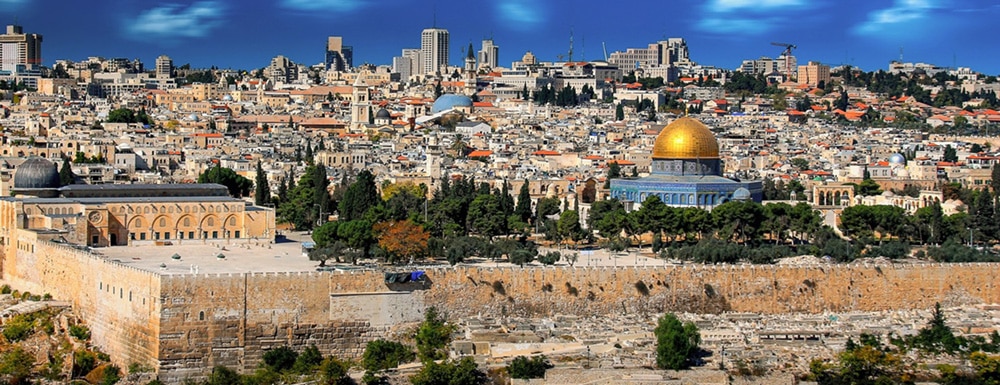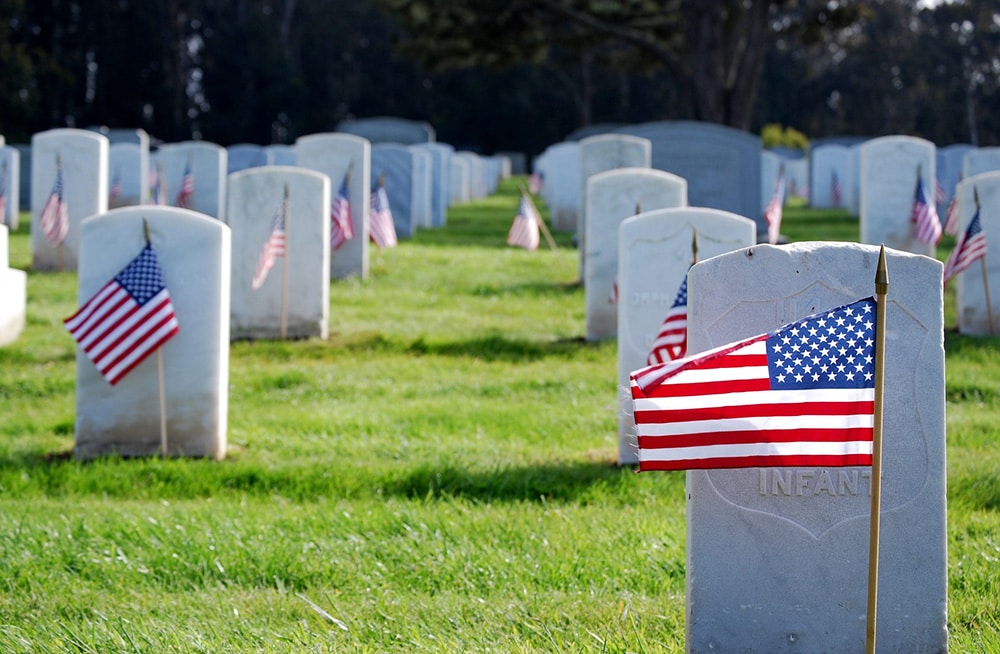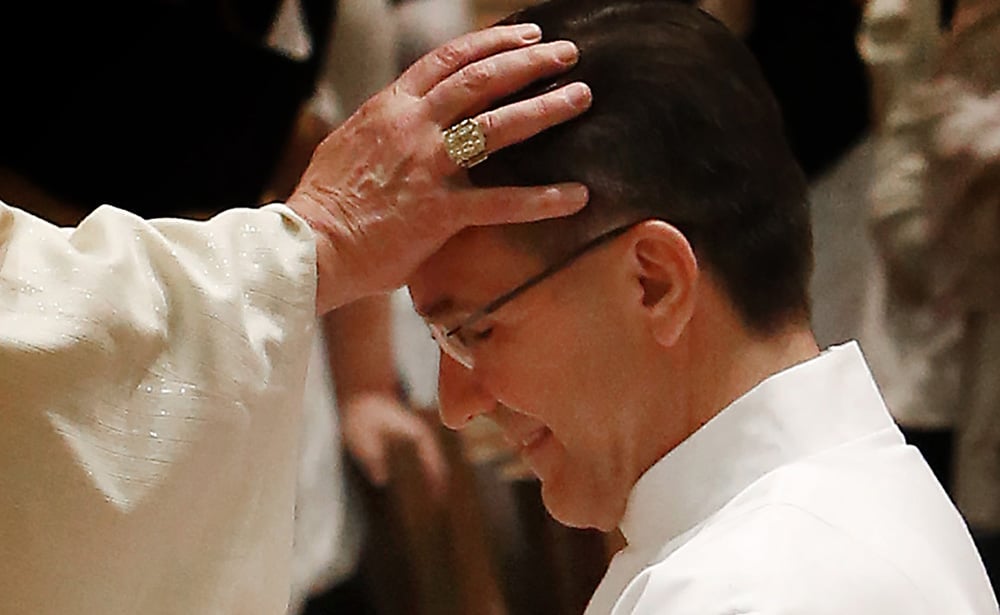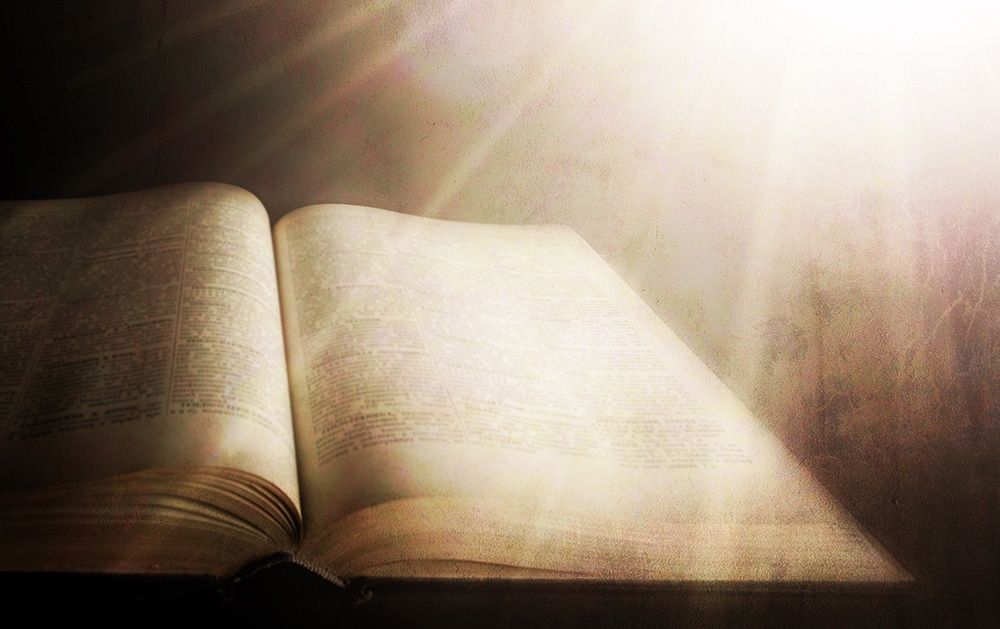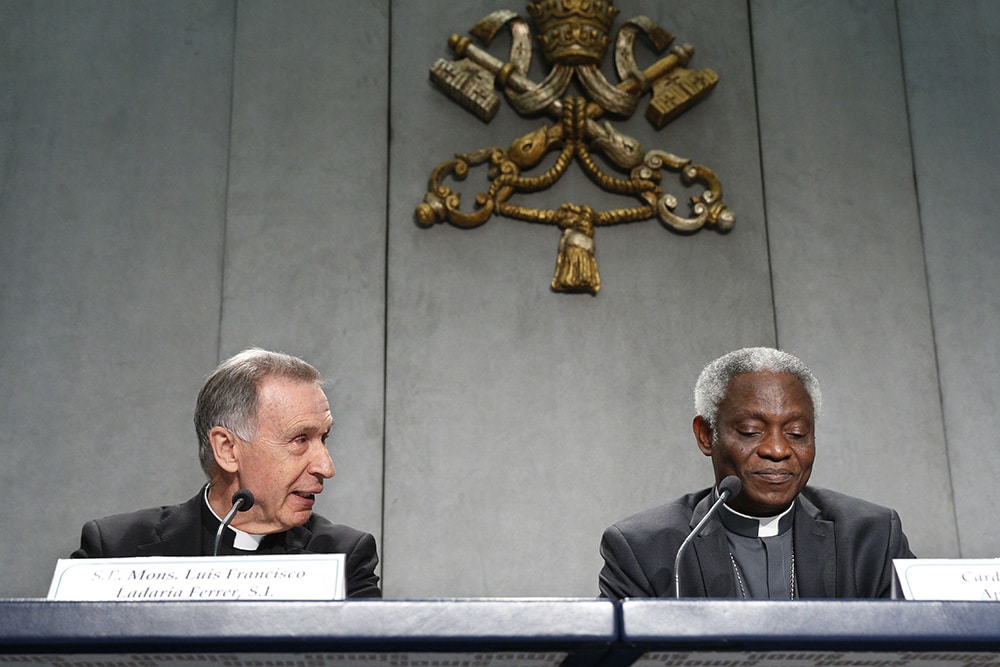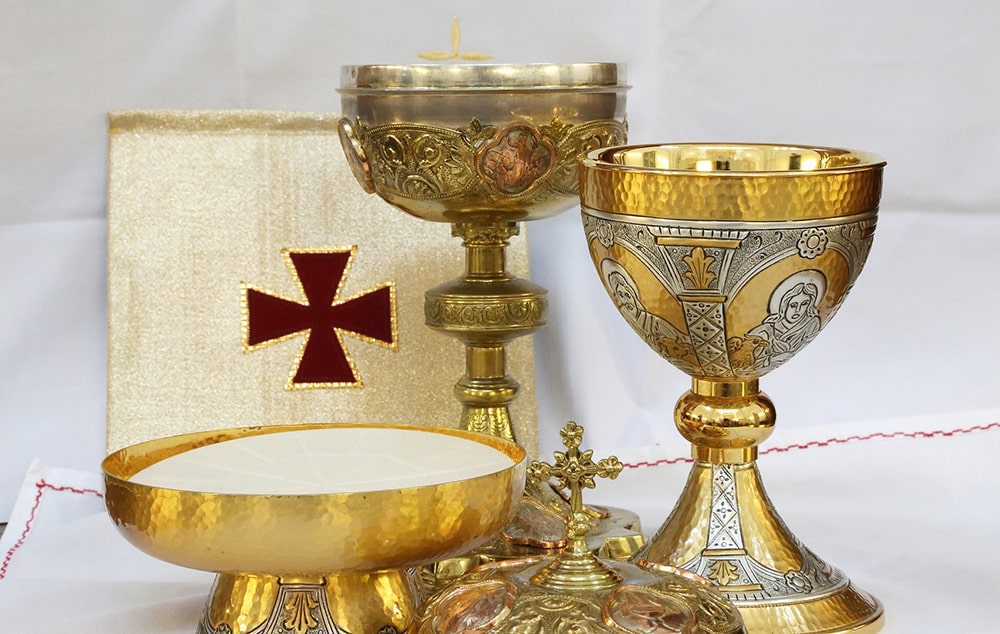 Imagine that the 180 countries having diplomatic relations with the United States situated their official representatives not in Washington, D.C., but in Harrisburg, Pennsylvania. Therefore, if Belgium wished to avoid tariffs in selling Belgian lace to American retailers, a rather non-controversial matter, employees of the Belgian embassy would have to drive for two hours from Harrisburg to Washington, just to talk with American authorities.
Imagine that the 180 countries having diplomatic relations with the United States situated their official representatives not in Washington, D.C., but in Harrisburg, Pennsylvania. Therefore, if Belgium wished to avoid tariffs in selling Belgian lace to American retailers, a rather non-controversial matter, employees of the Belgian embassy would have to drive for two hours from Harrisburg to Washington, just to talk with American authorities.
Something like this happens every day in Israel, where foreign representatives drive for two hours from Tel Aviv to Jerusalem to discuss even the least serious business with Israeli government officials, because the Israeli government is headquartered in Jerusalem. So, recently moving the United States embassy to Israel from Tel Aviv to Jerusalem makes sense, practically speaking.
The problem is symbolism, ancient, profound and entrenched. Deep feelings connected with this symbolism erupted into shocking violence recently, and Israeli police and military literally shot dozens of Palestinians, killing many, trying to maintain order. Tragically, it was not surprising. The conflict, always laden with fury and so often acid with hatred, has raged, or seethed, between Jews and Palestinians for generations, but always, always, Jerusalem has been an issue unto itself, often eclipsing all others. Why? Who owns Jerusalem? Jerusalem, now the capital of the Jewish state, Israel, is unique to Jews who cite their millennia-long history when Jerusalem indeed was the center of their society in every respect.
For Christian Palestinians, Jerusalem is unique, the place where Jesus was crucified and rose again, where the Last Supper occurred, where Jesus stood just before ascending into heaven and where the first Christian community formed. Christians have been in Jerusalem since the Apostles.
For Muslim Palestinians, they believe that from Jerusalem their prophet, Mohammed, ascended into heaven. Muslims have been numerous and prominent in Jerusalem for a thousand years. This is the difficulty. Israelis and Palestinians, Christians or Muslims, intensely believe that Jerusalem respectively belongs to them.
Moving the embassy is complicated because, in the process, the U.S. government said outright that Israel has a “right” to claim Jerusalem exclusively as its own. In defense of the transfer, it should be noted that a U.S. diplomatic office, a consulate, already has been in Jerusalem for years. Furthermore, the embassy will not be in the Old City, the actual kernel of Jerusalem’s symbolic identity.
Still, the “right” to Jerusalem is so contested. When the Israeli government and Pope St. John Paul II recognized each other as sovereign powers, Israel established an embassy in Rome near the Vatican. John Paul II recognized the thorniness surrounding Jerusalem and placed the Holy See’s embassy, or nunciature, to Israel far from Jerusalem, in Jaffa, a suburb of Tel Aviv. He would not allow the Church to be perceived as taking sides in the quarrel about “rights” to Jerusalem. He copied the policy of every other government on earth at the time, including the United States.
Nothing in any way has improved the situation. Aware of the explosiveness of the issue, Pope Francis, and many world governments, publicly urged the United States to keep its embassy out of Jerusalem. Many predicted bloodshed and deepened hatred if the United States seemed to take Israel’s side. Now, they say that their fears were justified. Bitterness is aggravated, making resolution more elusive. This is fact. People in that region have fought and died for their feelings about Jerusalem — again and again.
So, once more, bewildered and anxious, we pray for peace.

